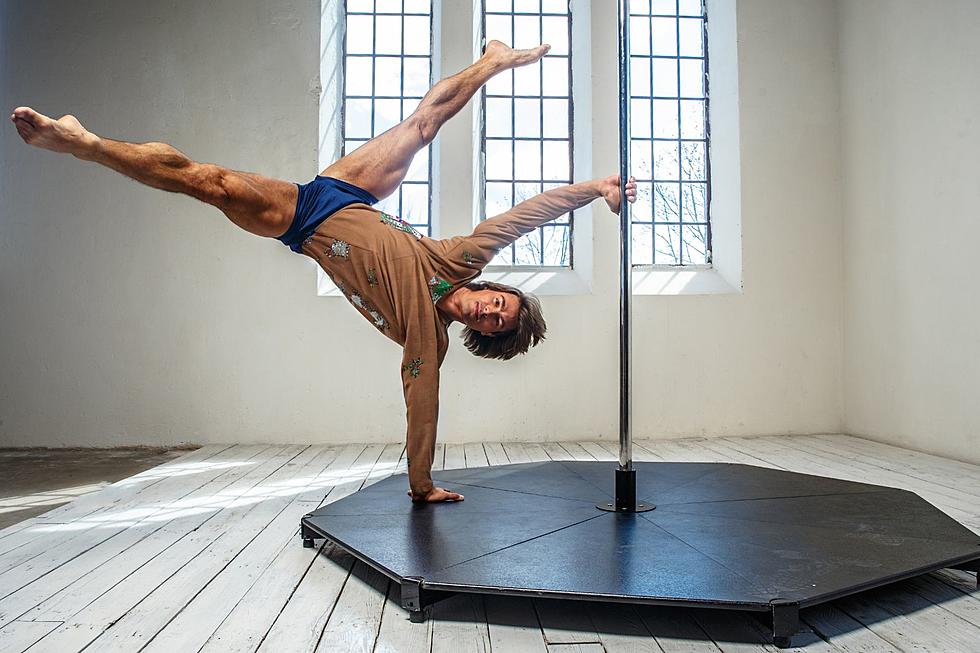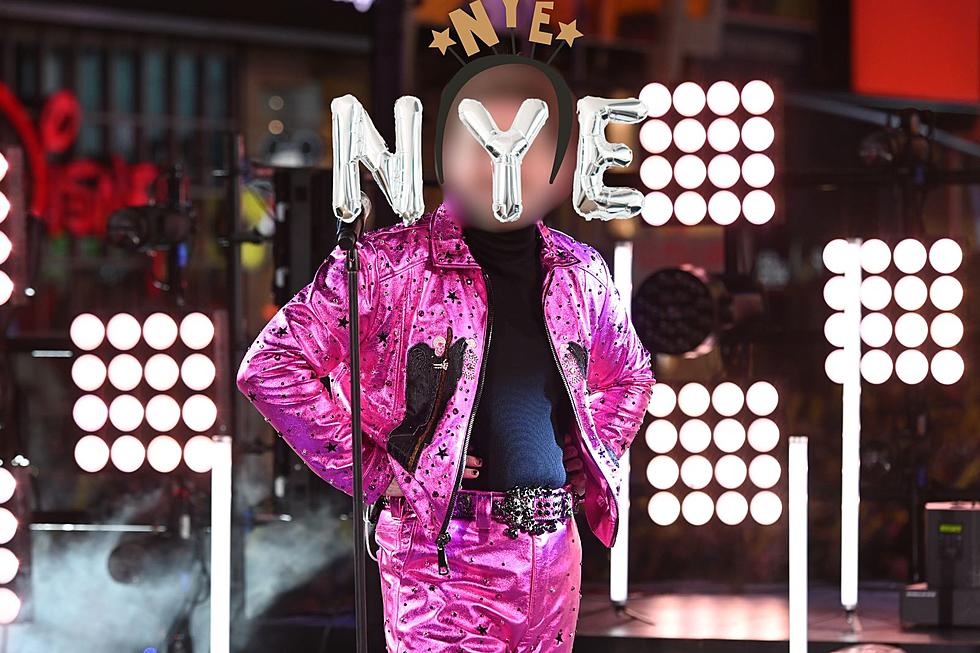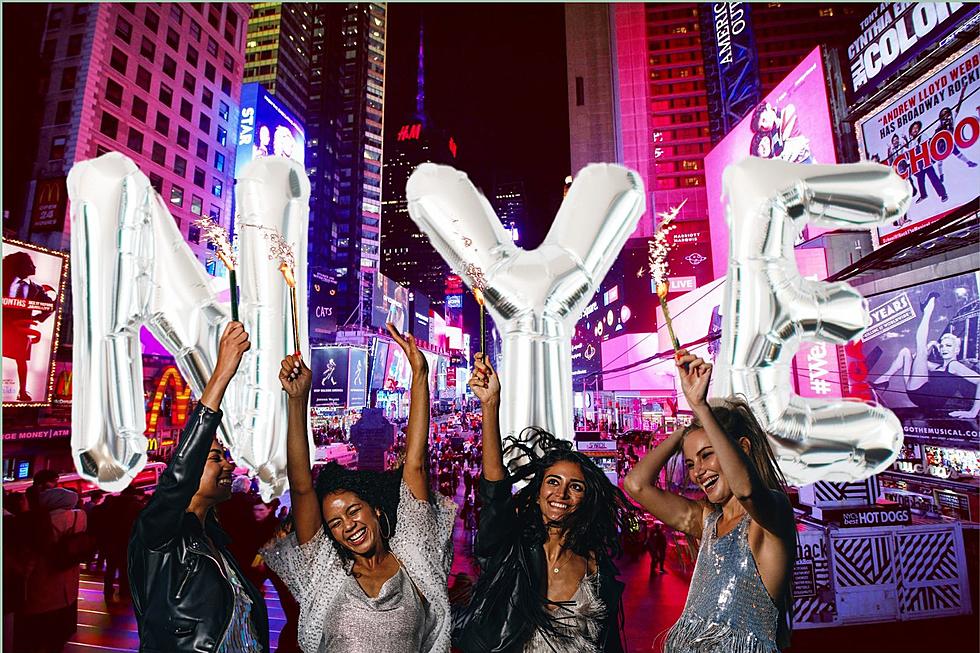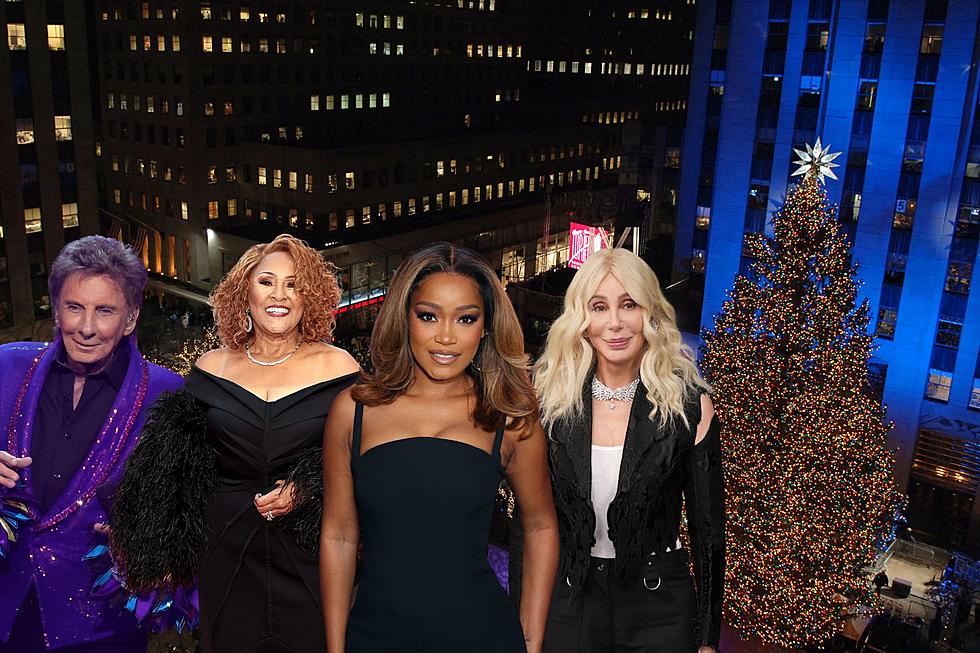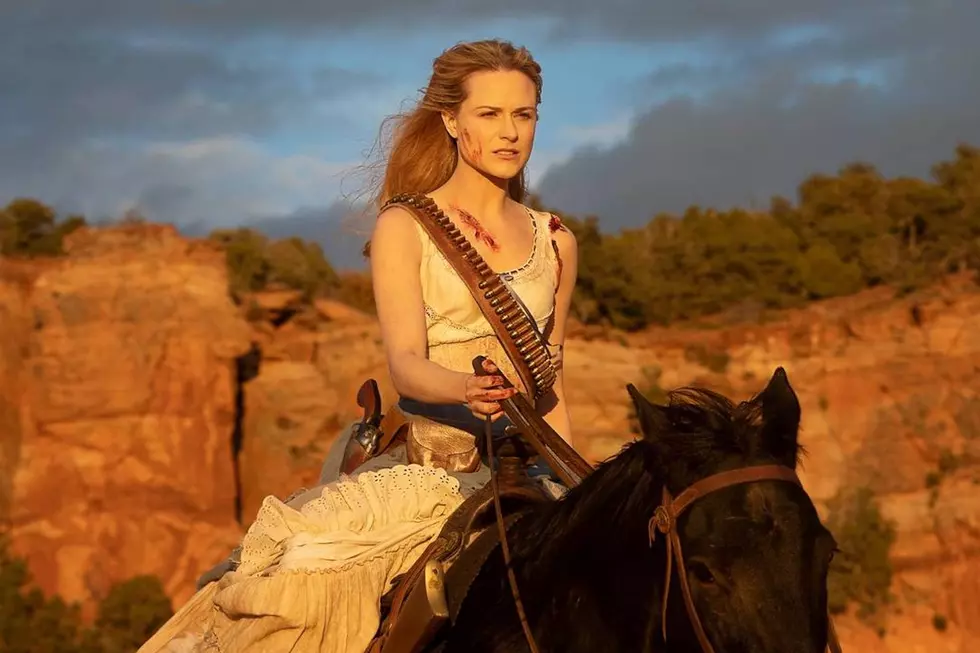
How ‘Westworld’ Outsmarted Itself In Its Disappointing Second Season
The following post contains SPOILERS for both seasons of Westworld. But if you pass through them you will reach the Valley Beyond.
Everything in Westworld moves in circles. The second season of the show began with a conversation between two of its robotic hosts, Dolores (Evan Rachel Wood) and Bernard (Jeffrey Wright). It concluded with the rest of that conversation.
The opening scene ended with a confused Bernard asking “Is this now?” Ten episodes later, we finally got an answer, when the finale wound down as Dolores said “Yes, Bernard. This is now. We’re at the beginning. We’re exactly where you decided we should be.”
It was a structural gambit designed to provoke chills in the viewer at the sheer chutzpah of creators Jonathan Nolan and Lisa Joy’s organizational cleverness. They led us through a maze of twists and turns as their futuristic theme park collapsed following the death of its founder (Anthony Hopkins) in the Season 1 finale. The dual interactions between between Dolores and Bernard echoed a similar series of conversations between them throughout Westworld’s first season, which were eventually revealed to be a test of a host’s ability to pass as a living being.
Who is actually being tested is sometimes unclear, and even changes depending on the scene. But beginning and ending with one of these interrogations ultimately made the entire second season of Westworld feel like a kind of test itself — an arduous, unfulfilling test to see how long will people stick with a show they occasionally enjoy and rarely understand.
Let’s circle back to Season 1 again. Its entire story was built on another bold structural gambit: All of its events secretly transpire in two separate timelines decades apart, and two seemingly disparate characters — an innocent tourist named William (Jimmi Simpson) and a brutal cynic called the Man in Black (Ed Harris) — are actually the same person at different times in their life. That secret took advantage of the fact that in a theme park like Westworld, populated largely by cyborgs who never age, time has very little meaning. And it was just a really fun twist.
But Westworld’s fans quickly caught on to Nolan and Joy’s game. Theorists on Reddit spotted the clues peppered throughout the early episodes and correctly predicted William and the Man in Black were one and the same weeks before the show revealed it. If you were following along with the online conversation around the show, the finale was a little anticlimactic.
Ironically, given Westworld’s love of cycles and repetitions, the show’s second season seemed to be designed to prevent a Reddit spoiler recurrence. This time, the plot was so scrambled, with stakes so unclear, even the characters themselves seemed a little lost (particularly Bernard, who wound up bouncing between two different trips through the park with two different sets of companions, equally befuddled in both instances).
Westworld Season 1 ended with Ford’s suicide by host, which unshackled his creations and prevented his bosses at the Delos Corporation from getting their hands on his technology. Westworld has consistently drawn connections between Ford and his staff of writers hatching plot lines for the hosts and newcomers in the park to the act of creating a show like Westworld. As a result, it’s hard not to read Season 2 as not just Ford’s revenge, but Nolan and Joy’s as well. This time, no one would figure out the secrets.
Even after Ford’s death, the characters of Westworld continued talking about stories, up to and including the very last line of Season 2. (“We are are the authors of our stories now,” Dolores says in voiceover.) And yet the deeper the series went into its web of conspiracies, timelines, and tricks, the further its drifted from the narratives that made its first season compelling. Withholding Bernard’s season-long motivations for that second journey through the park made for a shocking revelation; it also made the audience’s surrogate a man (or robot) who literally had no idea where he was going or why. If you enjoy watching a television series that requires you immediately read a Wikipedia page or explainer blogs as soon as it’s over, then Westworld Season 2 was the show for you. If you wanted a coherent journey about people with identifiable goals, well ... have you tried The Handmaid’s Tale?
Just look at where things are left at the end of the Season 2 finale: Dolores and Bernard back in the real world (or is it a simulation?) preparing to do battle on opposite sides of a war between humanity and artificial reality. But both of those characters have already killed and resurrected each other, so life and death really don’t mean much in this impending war. Plus, on the “humanity” side of things there are almost no characters left besides the Man in Black (who in the season’s post-credits scene has been turned into a host too) and Luke Hemsworth, who insinuates he may be a host in his final conversation with Tessa Thompson’s Charlotte Hale. Oh and she used to be human, and now she’s a host as well. At this point, who are we supposed to be rooting for? Why do we even care who wins?
Immediately after Bernard and Dolores’ “Is this now?” conversation in the Season 2 premiere, Bernard winds up washed ashore on a desolate beach that looks a lot like the spot where Charlton Heston finds the ruins of the State of Liberty at the end of the original Planet of the Apes. The deeper Nolan and Joy focused on the nature of the hosts and the tensions between the park’s two “races,” the less that visual homage seemed like a coincidence and the more this Westworld reboot morphed into a secret Planet of the Apes reboot instead. Apes is certainly a timely and relevant film, particularly when filtered through the lens of computers and artificial intelligence. But why remake Westworld if you’re not really interested in the Westworld park?
Granted, Westworld Season 2 mirrored the progression of the original Westworld movie by Michael Crichton, where an idyllic theme park populated by robots breaks down and jeopardizes the lives of its guests. But Nolan and Joy had only scratched the surface of their Westworld before they blew it all up; they left years worth of material unexplored in fast-forwarding to the chaos and anarchy of Westworld’s collapse (including the various other parks that we briefly glimpsed this season, like Shogun World). And in Season 2 they barely addressed their outstanding mysteries (like why Ford killed himself, or even what year the show takes place) before barreling ahead with a whole new batch of questions they might never answer.
You have to respect the intricacy of Westworld’s puzzles, and even at its worst it remains one of the best-looking shows on television. If the goal this year was to outsmart the fans, the series largely succeeded. Unfortunately, Westworld also outsmarted itself, ditching its richest themes and jettisoning all kinds of story and character potential in favor of navel-gazing gamesmanship. It wants viewers to feel like William, searching for answers in an endlessly shifting maze. But mostly it left me feeling like Bernard; disoriented and looking for a way out.
Gallery - Shocking TV Twists Fans Actually Predicted:
More From Lite 98.7

